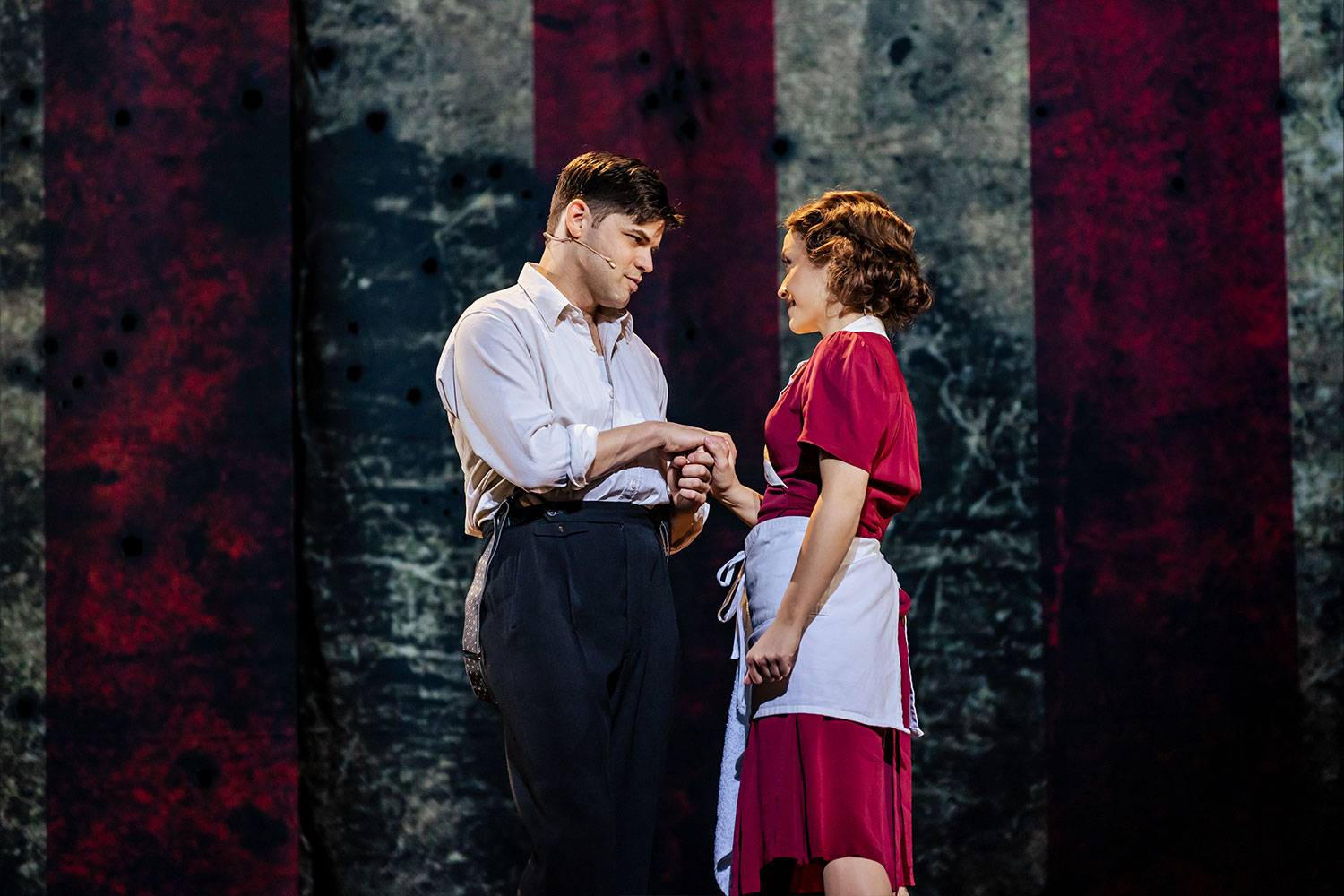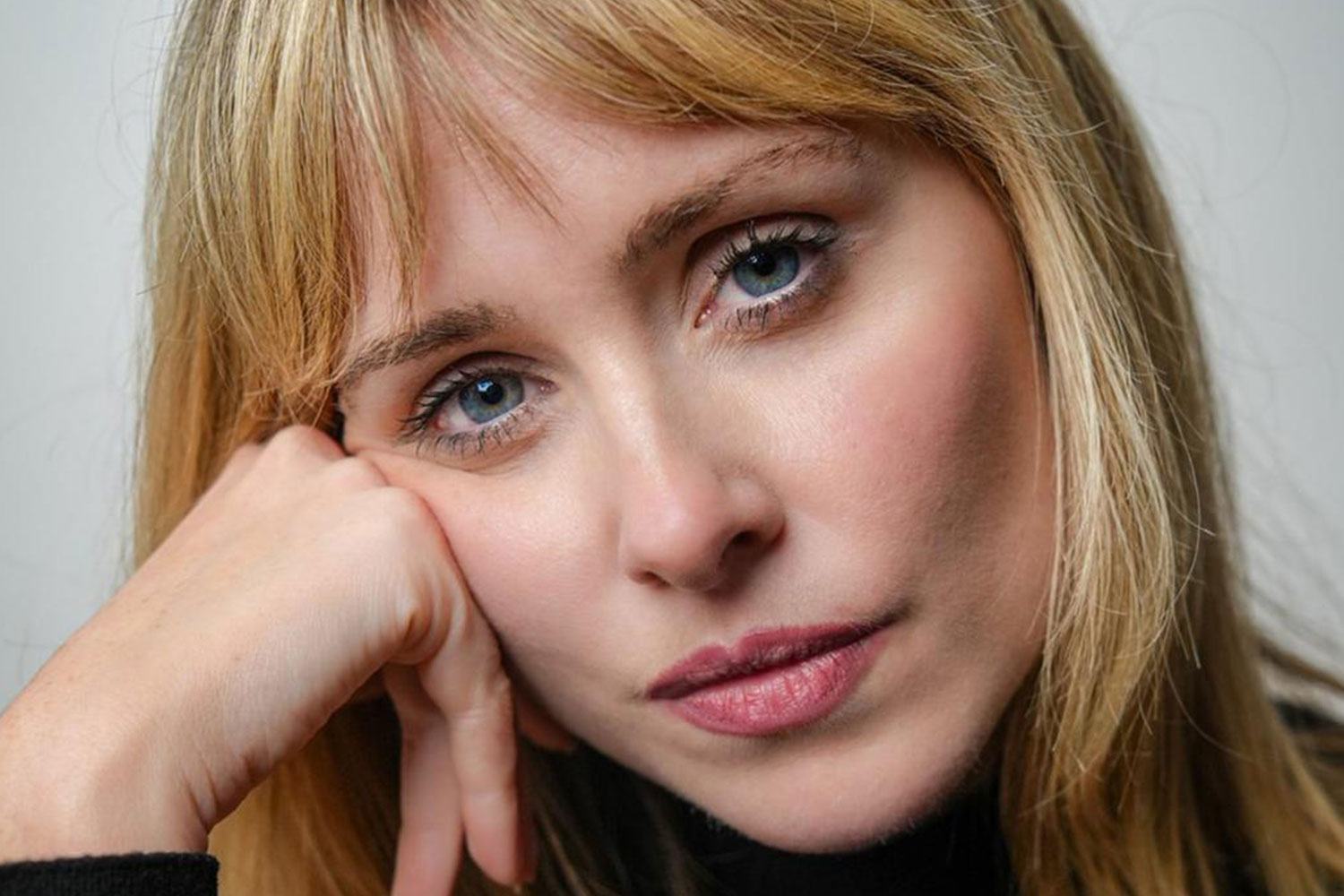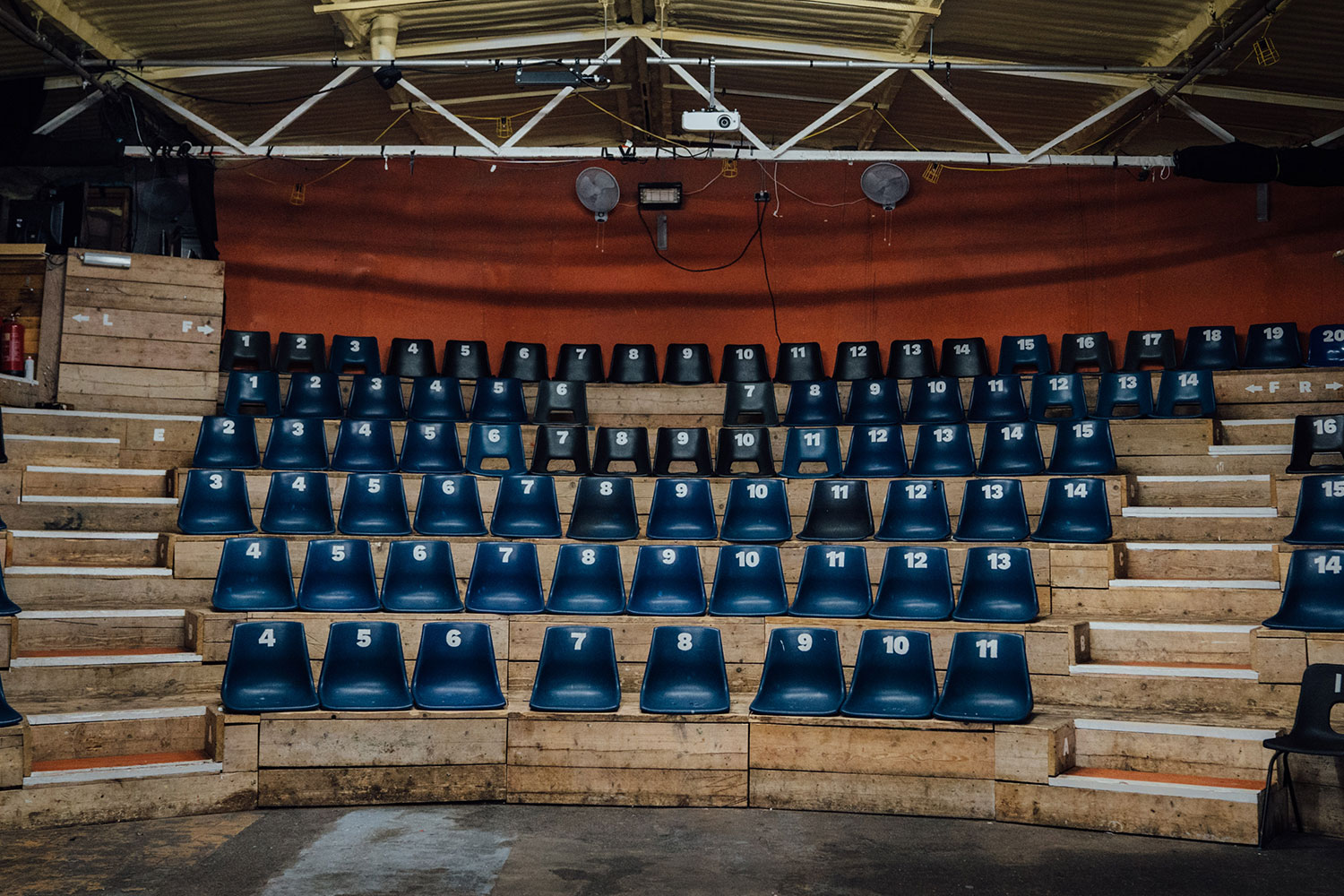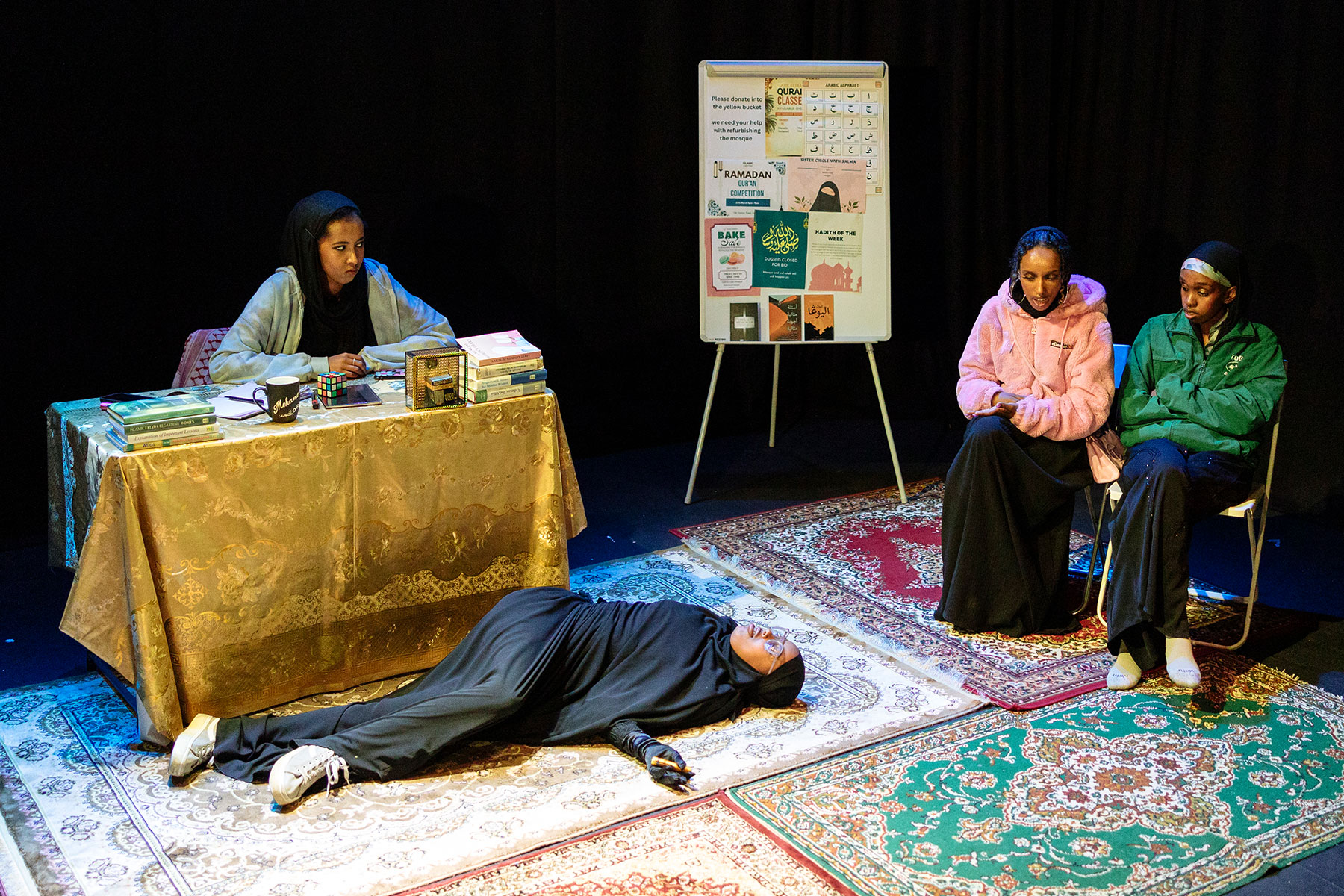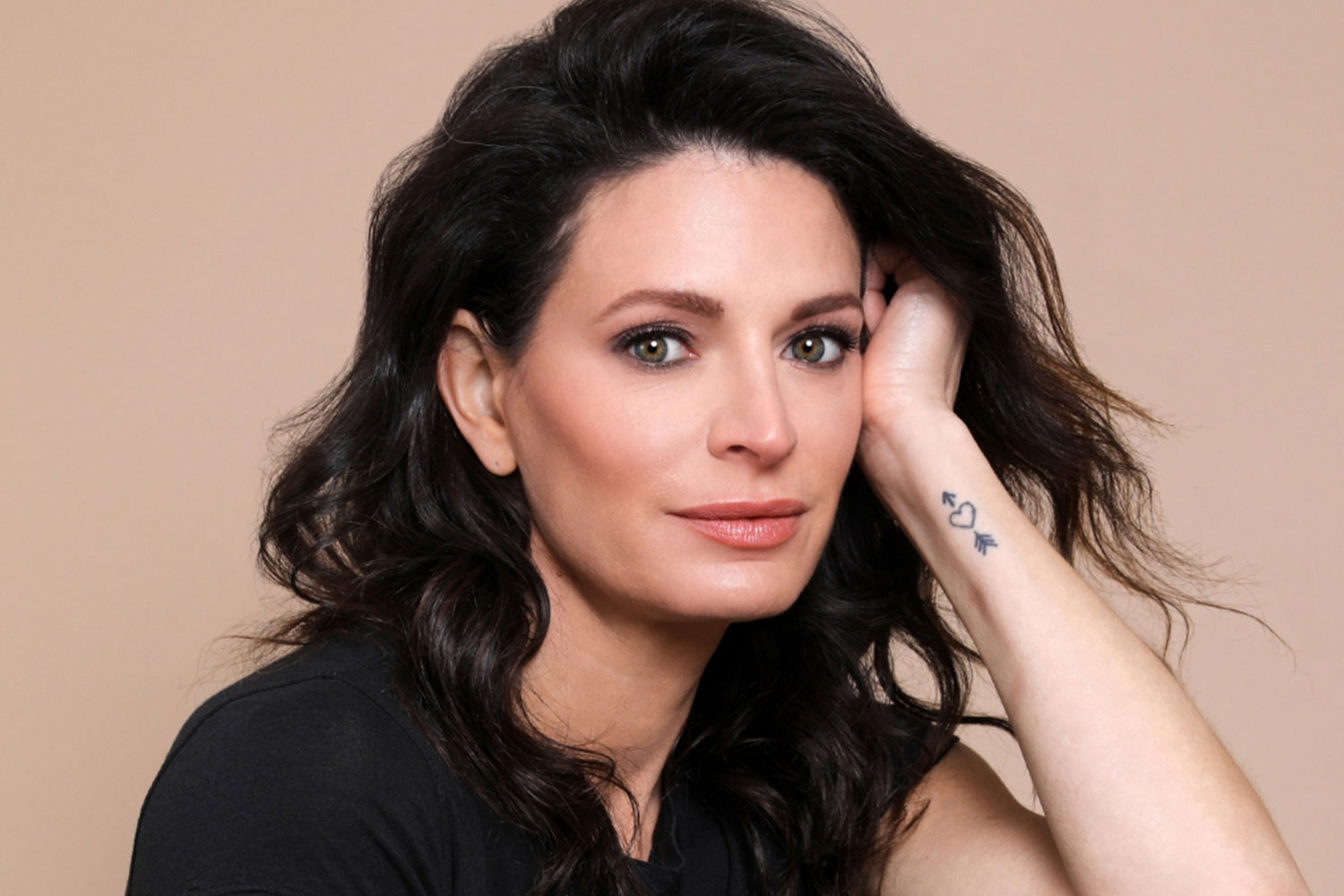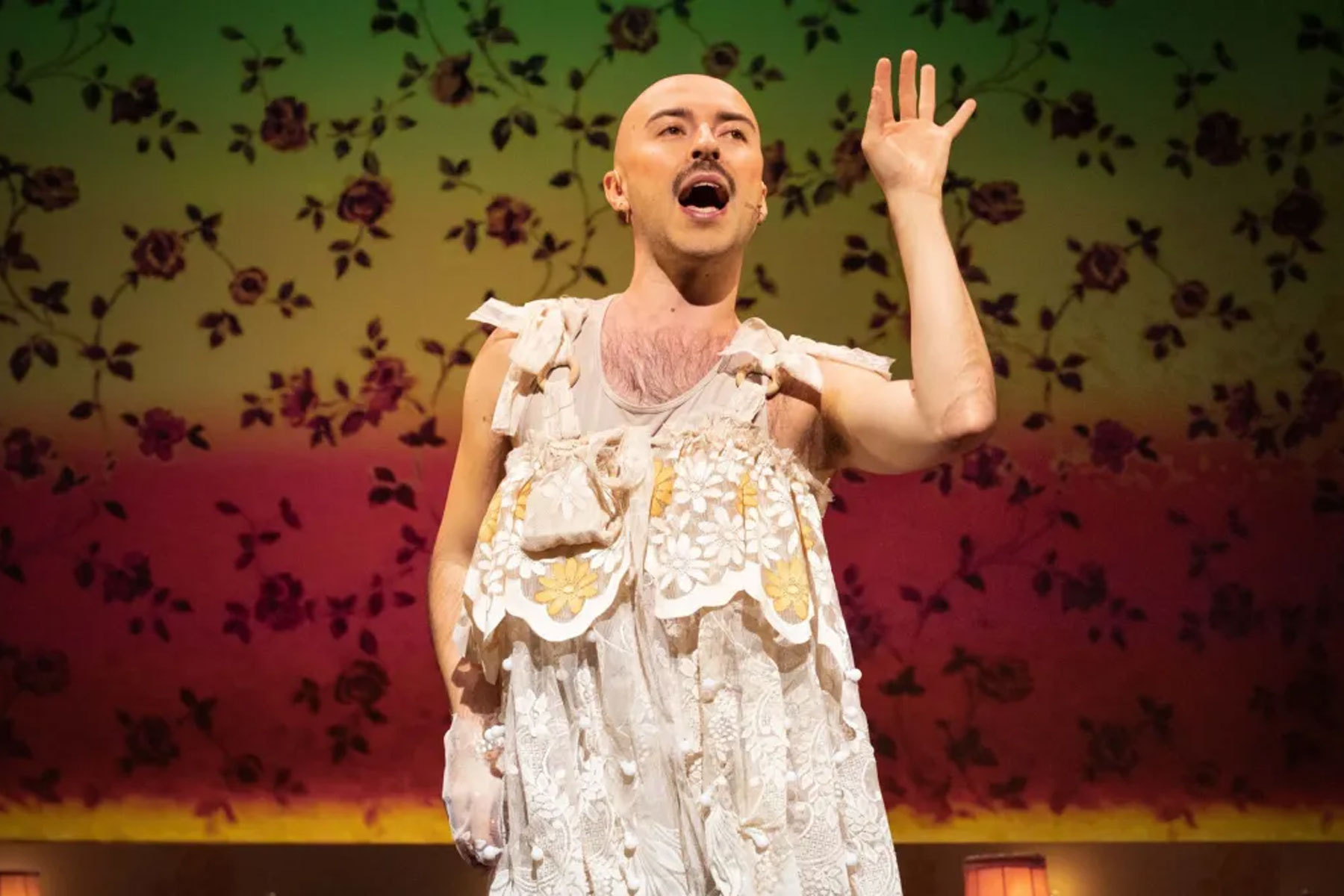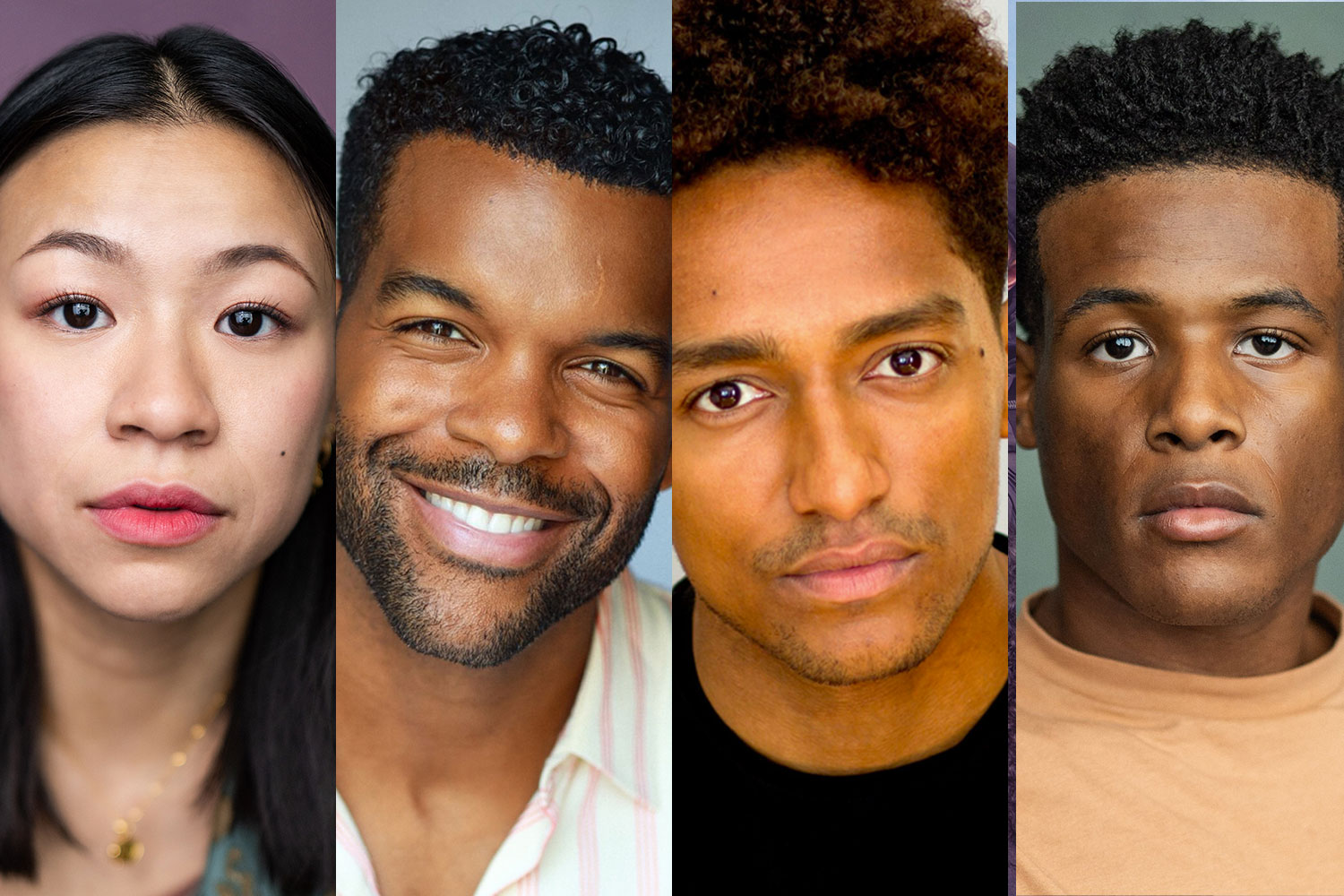Children of the Sun

Emma Lowndes as Liza, Geoffrey Streatfield as Protasov & Lucy Black as Melaniya (photo: Richard Hubert Smith)
The play was part of the RSC’s revelatory Gorky cycle in the 1970s, and was locked into a company style that could embrace sourness and satire without losing the poetry and madness in a circle of friends and family of a visionary chemist, Pavel Protasov (Geoffrey Streatfeild), while the town outside is gripped in a cholera epidemic.
But Davies and his adaptor, the Australian playwright Andrew Upton (working from a literal translation by Clare Barrett), wrench the text into something more brazen and anachronistic, modern in the sense of being slovenly and outspoken rather than interestingly pointed and fractured.
Protasov, inattentive in his marriage to Justine Mitchell‘s critical and floundering Yelena, is assailed by a would-be acolyte, Melaniya (Lucy Black), who has not read his books but kissed them. In Gorky, this is jokingly dismissed as a sign of incipient fetishism. Upton goes further, and so does Melaniya: “I licked them, I rubbed them all over my naked body and licked them.” Oh dear.
Similarly, Protasov’s friend, and Melaniya’s brother, Boris the Ukrainian vet (Paul Higgins), who is magnetised by his friend’s unhinged sister, Liza (Emma Lowndes), suddenly misquotes Hamlet – “To umbrella or not to umbrella” – but misses the point, and the humour, of Gorky’s joke about the weather.
You’ve only got to look at the RSC translation by Kitty Hunter-Blair and Jeremy Brooks to see how far off-target Upton goes in the name of liveliness and irreverence.
And this affects the acting, which is expertly animated but curiously inauthentic. I’m not sure, for instance, that Protasov really is the wide-eyed, deluded idiot Streatfeild projects, and it’s hard to relate to the sort of grubby artistic passion conveyed by Yelena’s admirer, Gerald Kyd‘s lubricious Vageen.
It’s a much more unsettling and restless play than Chekhov’s masterpiece of the previous year, The Cherry Orchard, and there’s a general thesis that the sort of progress signalled in Protasov’s experiments – and echoed in the references to the onset of bottled beer and the motor car – could literally backfire on the society it is serving.
The intelligentsia have become dislocated from the humanity on their own doorstep, an analysis brutally dramatised in the incursion of Yegor the blacksmith’s (Matthew Flynn) domestic reality and the insurgency on the street. And the messiness in everyone’s lives makes you despair for the future in hindsight if this lot are forging it.
Bunny Christie has designed another of her classic country houses in the style of a large conservatory, and there are notably fine performances from Paul Hickey as the pawnbroker who’s also Protasov’s dissatisfied landlord and Maggie McCarthy as his bustling nanny, much more interventionist than Chekhov’s old boots.
For all the shortcomings in the text, the play’s definitely worth seeing, especially as it marks the first Travelex £12 ticket offer (400 of these seats at every performance) this year.



